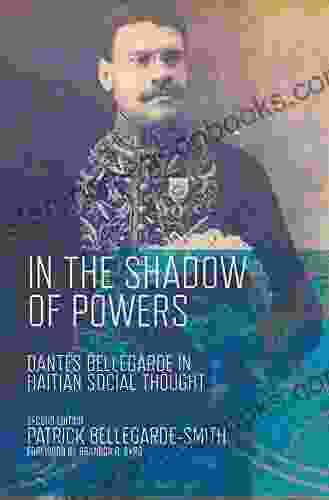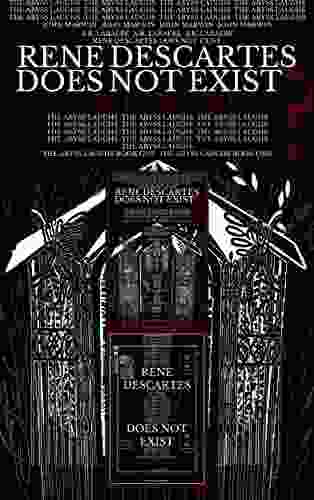Dante Bellegarde (1877-1966) was a Haitian intellectual, diplomat, and politician who made significant contributions to Haitian social thought and the global African diaspora. His work focused on the history, culture, and identity of Haitians, with a particular emphasis on the struggles for racial equality and national liberation.
This article explores the life and work of Dante Bellegarde, examining his key ideas and their relevance to contemporary debates on race, identity, and social justice.
4.7 out of 5
| Language | : | English |
| File size | : | 1909 KB |
| Text-to-Speech | : | Enabled |
| Screen Reader | : | Supported |
| Enhanced typesetting | : | Enabled |
| Word Wise | : | Enabled |
| Print length | : | 302 pages |
Early Life and Education
Dante Bellegarde was born in Port-au-Prince, Haiti, on August 15, 1877. His father, Louis Bellegarde, was a prominent physician and politician, and his mother, Henriette Desmoulin, was a schoolteacher.
Bellegarde received his early education in Haiti and France, where he studied law and literature at the Sorbonne University. He returned to Haiti in 1903 and began his career as a journalist and writer.
Political and Diplomatic Career
Bellegarde entered politics in 1908, serving as a deputy in the Haitian National Assembly. He also held various diplomatic posts, including Minister of Foreign Affairs and Ambassador to the United States.
As a politician and diplomat, Bellegarde advocated for Haiti's independence and sovereignty. He opposed foreign intervention and promoted the development of a strong Haitian national identity.
Social and Intellectual Contributions
Bellegarde's most significant contributions were in the realm of social thought. He was a prolific writer and lecturer, publishing numerous books and articles on Haitian history, culture, and identity.
His seminal work, "The Haitian People" (1933),provided a comprehensive analysis of Haitian society, its history, and its challenges. Bellegarde argued that Haitians were a unique and distinct people, with their own culture and history that was shaped by the experiences of slavery, colonialism, and racial discrimination.
Bellegarde also emphasized the importance of education and self-determination for Haitians. He believed that education was the key to economic and social progress, and that Haitians should strive to develop their own national identity and institutions.
The Struggle for Racial Equality
Bellegarde was a staunch advocate for racial equality and justice. He condemned racism and discrimination in all its forms, and argued that all people, regardless of their race or origin, deserved to be treated with dignity and respect.
Bellegarde's writings on racial equality were particularly influential in the African diaspora. He was a strong supporter of the Pan-African movement, and his work inspired many African and Caribbean intellectuals and activists.
Bellegarde's Legacy
Dante Bellegarde's work continues to inspire and inform contemporary debates on race, identity, and social justice. His ideas about Haitian history, culture, and identity have had a profound impact on Haitian society, and his writings on racial equality and liberation remain relevant to the struggles of people of African descent around the world.
Dante Bellegarde was a Haitian intellectual, diplomat, and politician who made significant contributions to Haitian social thought and the global African diaspora. His work on Haitian history, culture, and identity, as well as his advocacy for racial equality and liberation, continue to resonate with people around the world.

























































































